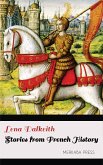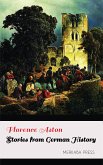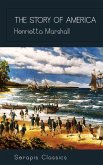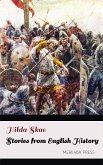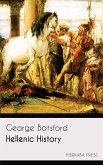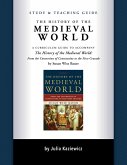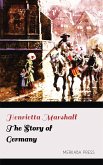Of this wide empire Rome was the capital. Secure upon her seven hills she sat, mistress of the world, a city without rival, until in A.D. 330 the Christian emperor Constantine the Great resolved to build a new Rome upon the shores of the Bosphorus. Constantine called his new city New Rome. But men did not take readily to the name, and the capital upon the Bosphorus became known as Constantinople, or the city of Constantine. It is difficult to-day to remember that Constantinople was founded by a Christian, and was at one time the bulwark of Christianity against the Turk.
The Romans called themselves lords of the world. And so it seemed they were. All the trade and skill, all the art and learning of the known world, were theirs. Beyond the borders of the Roman Empire the world was given over to wild barbarians, who were skilled neither in the arts of war nor of peace. That the civilization of Rome should go down before their ignorance seemed impossible. Yet the barbarian triumphed, Rome fell, and the mighty empire crumbled into dust...
Dieser Download kann aus rechtlichen Gründen nur mit Rechnungsadresse in A, B, BG, CY, CZ, D, DK, EW, E, FIN, F, GR, H, IRL, I, LT, L, LR, M, NL, PL, P, R, S, SLO, SK ausgeliefert werden.



